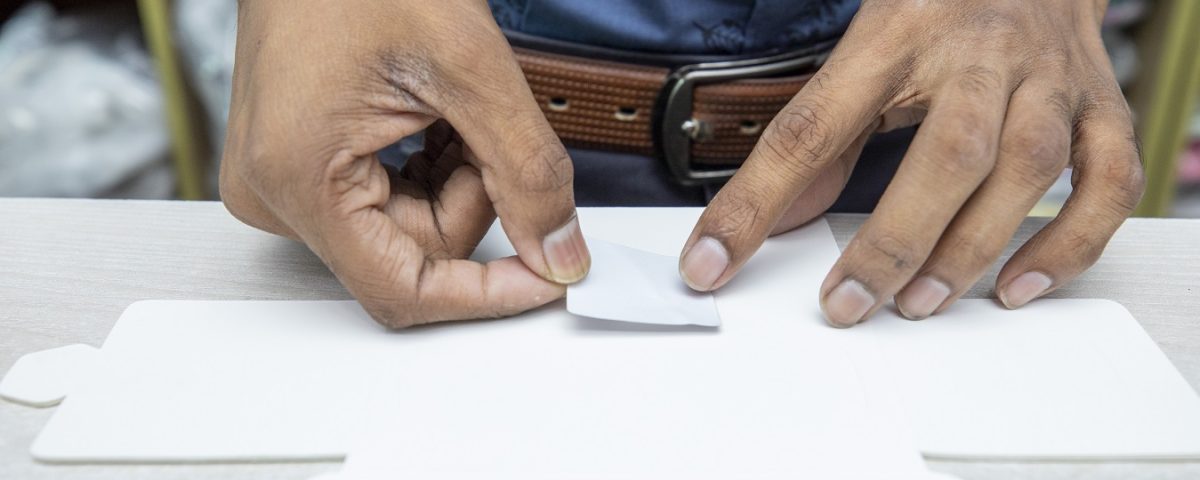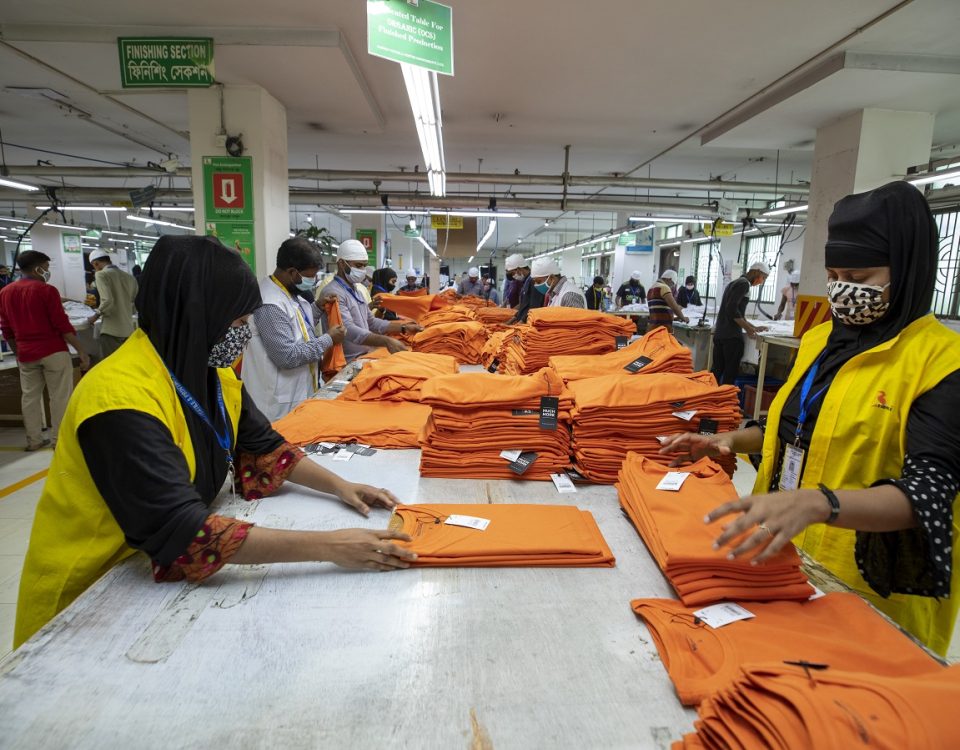
Textile Companies’ Green Projects
December 8, 2022The textile industry, a cornerstone of human civilization for centuries, is poised for an exciting and transformative future. Recent advancements in technology, sustainability, and innovation are reshaping the industry’s landscape. As we peer into the future, it becomes evident that the textile industry is on the cusp of a remarkable evolution.
1. Smart Textiles:
One of the most exciting developments in the textile industry is the rise of smart textiles, also known as e-textiles or smart fabrics. These textiles incorporate electronic components and connectivity features directly into the fabric, making them capable of interacting with the wearer and the environment. Imagine clothing that can monitor your health, adjust to temperature changes, or even charge your electronic devices. Smart textiles are already finding applications in sports, healthcare, fashion, and beyond, and their potential is boundless.
2. Sustainable Revolution:
Sustainability has become a non-negotiable aspect of the textile industry’s future. Consumer demand for eco-friendly products, coupled with the growing awareness of the environmental impact of textile production, has spurred a sustainability revolution. Textile companies are adopting environmentally friendly practices, such as using recycled fibers, reducing water and energy consumption, and developing circular economy models. Sustainable fashion and ethical manufacturing are no longer niche trends but central pillars of the industry’s progress.
3. 3D Printing and Customization:
Advancements in 3D printing technology are revolutionizing the textile industry by offering unparalleled customization and efficiency. 3D printers can create intricate textile designs and even fabricate entire garments. This not only reduces waste but also allows for on-demand production, minimizing overstock and enabling customers to order bespoke clothing tailored to their preferences.
4. Nanotechnology and Functional Fabrics:
Nanotechnology is opening up new possibilities for functional textiles with enhanced properties. Nanoparticles can be integrated into fabrics to make them water-repellent, antimicrobial, UV-resistant, or even self-healing. These textiles have applications in various sectors, from outdoor apparel to healthcare, where infection-resistant fabrics can reduce the spread of pathogens.
5. Digital Transformation:
The textile industry is embracing digitalization in all aspects, from design to production to retail. Computer-aided design (CAD) and computer-aided manufacturing (CAM) are becoming standard tools for designers and manufacturers, streamlining the production process and reducing errors. Furthermore, e-commerce and digital marketplaces are changing the way textiles are sold and distributed, providing consumers with more convenient and diverse options.
6. Biofabrication and Lab-Grown Textiles:
Biofabrication, or the creation of textiles from living organisms like bacteria and fungi, is emerging as a sustainable alternative to traditional textile production. Lab-grown textiles offer the potential to reduce the environmental impact of textile manufacturing, as they require fewer resources and generate less waste. Companies are already exploring this cutting-edge technology to create leather alternatives and biodegradable textiles.
7. Circular Economy Models:
The concept of a circular economy, where products are designed for longevity and recyclability, is gaining traction in the textile industry. Companies are adopting take-back programs, textile recycling initiatives, and upcycling strategies to reduce textile waste. This shift towards circularity not only benefits the environment but also presents economic opportunities and reduces the industry’s reliance on finite resources.
Conclusion:
The future of the textile industry is a tapestry woven with innovation, sustainability, and technology. From smart textiles that interact with us to sustainable practices that protect the planet, the textile industry is undergoing a profound transformation. As consumers become more conscious of their choices, the industry’s progress toward eco-friendly, customizable, and technologically advanced textiles is not only a smart business move but a necessary step toward a brighter, more sustainable future. The textile industry’s future is not just about what we wear but how we wear it and what values we carry in the fabrics of our lives.



